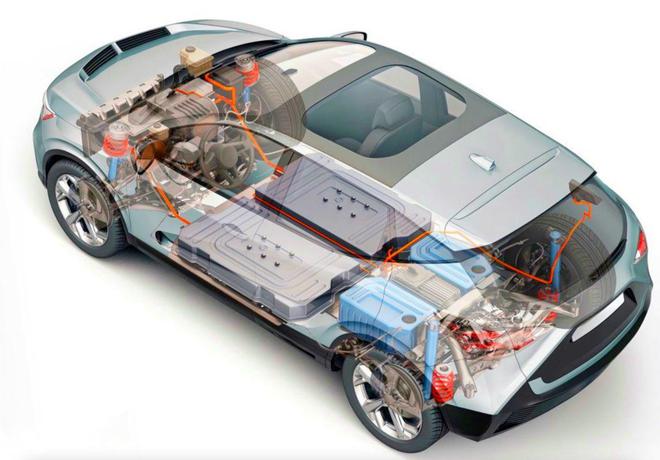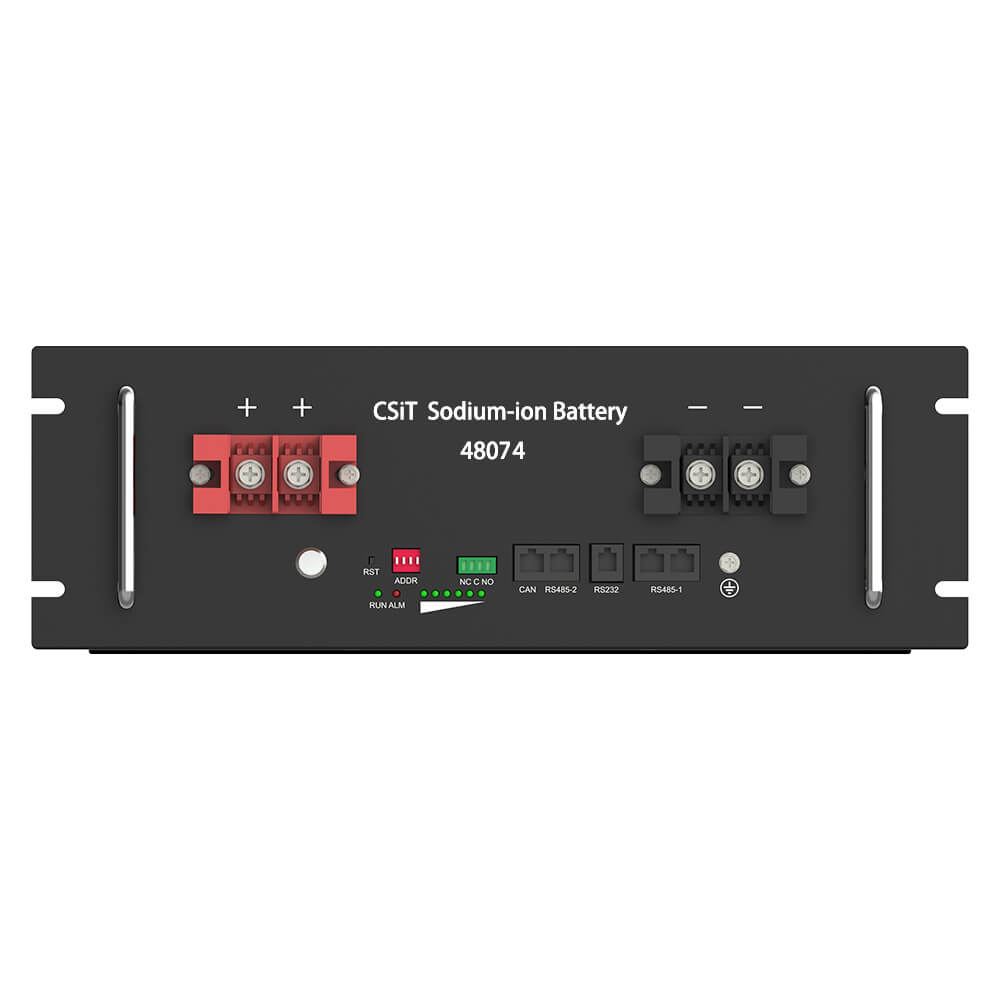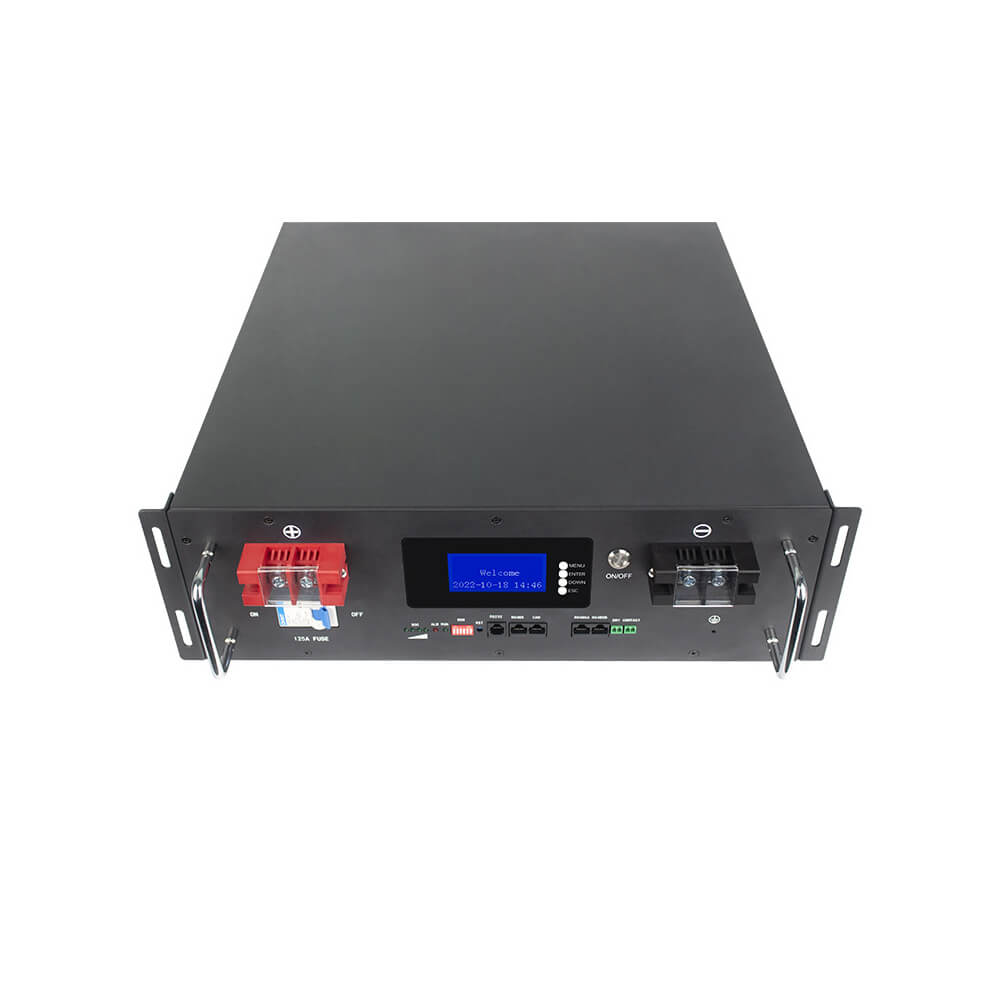How long is the service life of lithium batteries?
How many years is the service life of lithium batteries?
The service life of lithium batteries depends on many factors, including battery type, usage, number of charge and discharge cycles, and environmental conditions. Generally speaking, the service life of lithium batteries is usually 10 years, depending on the following factors:
1. Number of charge and discharge cycles: The life of a battery is closely related to the number of charge and discharge cycles it undergoes. Each charge and discharge cycle causes a slight decrease in the battery capacity. Typically, battery manufacturers specify the expected cycle life of a battery, such as 5,000 cycles.
2. Use environment: Both high and low temperature environments affect the life of lithium batteries. High temperatures accelerate the loss of battery capacity, while low temperatures may cause battery performance to deteriorate.
3. Charging method: Fast charging and overcharging may have a negative impact on battery life. The correct charging method and charger selection are critical to battery life.
4. Storage method: The storage method of a battery will also affect its life. If the battery is stored for a long time in a high or low temperature environment, the capacity loss may be more obvious.
5. Manufacturing quality: The manufacturing quality of the battery has an important impact on the life. High-quality batteries generally have a longer life.
6. Battery Type: Different types of lithium batteries (such as lithium-ion batteries, lithium polymer batteries, lithium iron phosphate batteries, etc.) have different lifespans. Lithium iron phosphate batteries generally have longer lifespans, while lithium cobalt oxide batteries may have shorter lifespans.
Typically, the lifespan of a battery declines gradually rather than suddenly failing. When the capacity of a battery drops to a certain percentage of its original capacity, it is generally considered to have reached the end of its lifespan. This percentage is usually between 80% and 70%, depending on the manufacturer and type.

How long can a lithium battery last
The lifespan of a lithium battery depends on several factors, including the type of battery, how it is used, and how it is maintained. Here are some common types of lithium batteries and their expected lifespans:
1. Lithium-ion battery (Li-ion): Lithium-ion batteries are the most common type of rechargeable battery, used in devices such as mobile phones, laptops, power tools, and electric vehicles. Generally speaking, lithium-ion batteries can last for several years, but the specific lifespan depends on how often they are used and how many times they are charged. The more times they are charged, the shorter the battery lifespan may be. Typically, lithium-ion batteries can last 2 to 3 years with a daily charge, but may last longer with light use.
2. Lithium polymer battery (LiPo): Lithium polymer batteries are commonly used in remote control aircraft, model aircraft, and some portable electronic devices. They are usually thinner and lighter than lithium-ion batteries and have a relatively short lifespan, usually between a few hundred and a thousand charging cycles. Regular charging and avoiding overcharging or over-discharging can extend their lifespan.
3. Lithium iron phosphate battery (LiFePO4): Lithium iron phosphate batteries are commonly used in solar energy storage systems, electric vehicles, and electric bicycles. They have a long lifespan and can usually last for thousands of charging cycles or even longer. This makes them ideal for applications that require long life and high cycle stability.
How to extend the service life of lithium batteries
1. Avoid overcharging or over-discharging: Avoid fully charging or fully discharging the battery, and try to keep the charge between 30% and 80%.
2. Use a suitable charger: Use a charger suitable for the battery and follow the manufacturer's recommendations.
3. Maintain proper temperature: Lithium batteries work at appropriate temperatures and do not expose them to extreme temperatures.
4. Keep partially charged during storage: If you do not use the lithium battery device for a long time, it is recommended to partially charge the battery and charge it regularly to avoid deep discharge.

 简体中文
简体中文 Russian
Russian French
French German
German Japanese
Japanese Korean
Korean Arabic
Arabic Spanish
Spanish





